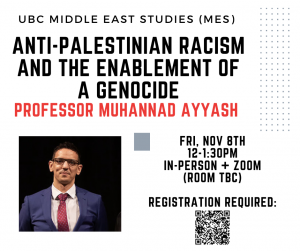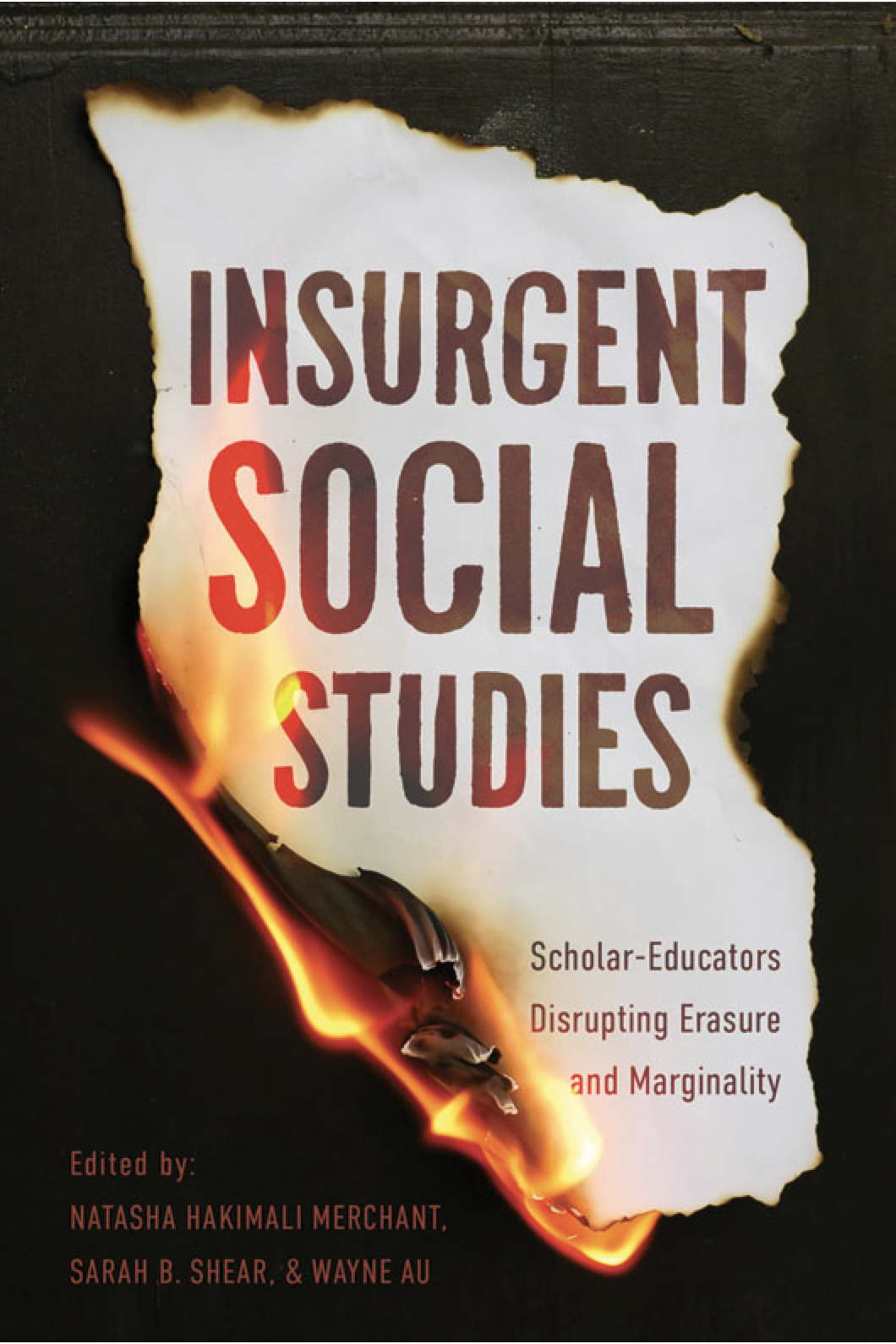Dear Friends,
This will be the last update until after Labor Day. This one should hold up for readers until then.
Action Oriented Links:
Please note and try to attend the Freedom in Education Meeting in Fresno this weekend.
Call for Papers, the Rouge Forum News Number 15.
The Rouge Forum Immortalized at Wikipedia.
Deadline For Nominations to the Rouge Forum Steering Committee is September 1.
We recognize with sadness: the doors at Room 101, an incisive radio program on KZUM hosted by Michael Baker, are closed. Mr Baker’s long run on the radio included interviews with key radical and progressive voices in education from Noam Chomsky to RIch Gibson and liberals as well. Congratulations to Michael Baker on a great run. Two, three, many Room 101s!
There are, at the beginning of the school year, 4,516 on our email list. Wish it was more? Send it along. Invite a friend.
Endless War:
Obamagogue Spins War News With the Best of Them.
Holy Cow! The Afghans are Not Helping
Double Holy Cow! The CIA Threatens and Beats People!
“General Pickett, send more men.” “But, General Lee, I have no more men.”
Warlord Dostum Joins Karzai
Council on Foreign Relations: Afghanistan is NOT a War of Necessity and Oh Yes it Is, It’s The Pipelines, Stupid
William Calley: Sorry About That
Mercs Outnumber US Troops in Afghanistan
Aghanistan’s Rigged Election
Brother Can You Spare A Dime?
Unemployment Uber Alles
California Unemployment Hits Post WW2 High
Detroit Unemployment at 28.9%
Nope, But if You Are A Banker, Here is $12.9 Trillion, No Strings, No Kidding. It is Yours. Woo hoo.
Video–Where is that Tarp? What Tarp? What Me Worry? “I have to tell you honestly, I am shocked to find out that nobody at the Federal Reserve, including the Inspector General, is keeping track of [the unaccounted for trillions].”
The Stim is Definitely Working? Forbes
The Education Agenda is a War Agenda:
Ohanian on Duncan’s Merit Pay Schemes
The Education Stimulus is a Merit Pay Stimulus
Ravitch on Obama’s Awful Education Plan
The State As an Executive Committee and Armed Weapon of the (Corrupt) Rich:
Holy Double Dog Cow: Hillbillary’s and Obamagogues Pals are Crooks
Notorious Friends of Hillbillary
John Pilger on Brand Obama
Yes, We Told Them So: The Demoagogue
It is probably not all that helpful to announce that we told you so, but….Yup, we told many people so.
The core issue of our time is the rapid rise of color-coded inequality and the emergence of world war met by the potential of a mass, class-conscious resistance.
These are not “public” schools we see. They are capitalist schools in a society where capitalism trumped whatever vestiges of democracy existed a decade ago. They are segregated schools. That’s not merely the result of bad people doing bad things, exploiting others (though they surely are bad people) but also the consequence of a social system dependant on exploitation—meaning inequality.
The education agenda is a war agenda. It is a capitalism in crisis agenda, a Regimented National Curriculum agenda, mostly to promote nationalism.
Such a curriculum necessarily sets up anti-working class and racist high-stakes tests. Both teacher unions, the NEA and AFT, helped design both the national curriculum and the high-takes exams. They are in no position to stop the next step. The professional organization, from NCTE to AHA to NCSS and all in between, proved more than impotent, they too collaborated.
Those tests necessarily and logically lead to merit pay which already exists in the deep divide in, say, Detroit and suburb pay and benefits.
Militarization of schooling is part of the war agenda.
To some degree, privatization and charters are part of the war agenda. Privatization serves some sectors of elites, and others not. Why fully abandon a huge, tax supported, funnel for war, ignorance, and inequality; missions for capitalism and their unwitting, ever so nice, missionaries.
Restoring hope is part of the agenda, but it is false hope. The future is war, inequality, unemployment, horrible options for youth and it will not change without a mass social movement for equality.
All of these interconnected attacks on life and reason have already happened, all over the western world.
Merely opposing any one of these factors, like merit pay, but not the rest just reinforces the entire project. As we see, NEA now dishonestly speaks out about merit pay, but NEA backed the regimented curricula and high stakes exams, sharply attacked people like Susan Ohanian who spoke against them, and dumped the students who suffered most from them.
Too late for NEA which is merely trying to keep the rubes sending dues money, but there is now nothing much NEA can do. Only direct action strikes, boycotts, etc., can halt the drive to the factors described above.
NEA has done nothing at all to prepare for that, and is not likely to do so. The union leaders are completely corrupt and their structures don’t unite people. They divide people: city from suburb, students from teachers, teachers from other public workers and private employees—as easily seen in the California Teachers Association’s effort to pass off a tax on poor and working people just months ago, a project that cost dues-payers millions of dollars and failed miserably, convincing the public, again, that educators want to pick their pockets.
What would be helpful is to wonder about the analytical and critical mistake that led to all that support for Obama, a demagogue. Several things led to that.
- A misunderstanding of capitalist democracy which is now sheer capitalism and little democracy. There was no significant difference between the Bush/Obama/McCain or even Clinton policies. Obama has betrayed, if we take his consistency as a betrayal, nearly all of his liberal supporters who, for what have to be psychological reasons, still support his personification of the reign of capital which has, among other things, failed in every important arena of human life.
- A misunderstanding of the gravity of the current situation vis a vis the war of empires. The US is in rapid decline in relationship to Russia China and even Europe and Japan—economically and militarily, and the US has lost any ability to promote itself as a moral nation, internally and externally. This puts extraordinary pressure on elites who need soldiers, Boeing workers, prison guards, and teachers too.
- A misreading of the real internal crisis inside the US; the rapid rise of segregation and inequality—which has not, yet, led to civil rebellions. But everything is in place to lay the ground for those uprisings, except a left which can make sense of why things are as they are, and what to do. Lost wars. Collapsed economies. Immoral leaders caught with dozens of hands in a thousand cookie jars, war without reason pulling 1.5 million people into direct action—and the wreckage of their lives. All that should, and more, should mean massive resistance. But that has not happened? Why not? No draft. No left. Spectacles. Divide and Rule. Carrot and stick. The education system. The same ways tyrants always ruled.
- The continuing appeal of racism and nationalism.
- Acceptance of the division of labor inside academia which means, for example, historians talk to historians and write books while literacy people talk to literacy people and write books, and few academics seriously organize anything at all, as the state of the campuses (and open willingness of the overwhelming majority of faculty to abandon their academic freedom in favor of standards) now. This also means historians, as in AHA, don’t pay much attention to teaching while too many education personnel don’t know much history.
- A general public so mindless about history and social processes that it can rightly be called hysterical, potentially dangerous. Steeped in spectacles and consumerism for more than a decade, so vacant about their location in the world that Chalmers Johnson says they cannot connect cause and effect (as with the endless wars, but in regard to schooling as well). Fickle to the core, they howled for Bush, abandoned him when things went wrong, then another bunch howled for Obama, and now we see a new crowd howling about health care–all leaping for thousands of forms of selfishness that keeps the the war of all on all that is the system of capital alive and well.
Not recognizing the historical moment, rejecting the real whole of the situation, capitalism in decay everywhere, shatters analytical and strategic capability, meaning many people cannot tell left from right, muddle along looking for someone else to save us when no one but the collective Us is going to save us.
This, written months before the election and originally published in Workplace, online, is now floating around the net.
Those who are not angry and screeding a bit these days may not be witnessing the ravages of war, hunger, unemployment, and unreason itself.
Yup. We told them so. Big deal. Those who have not made a big mistake in life can be absolved. We are all lambs among wolves. But we do not have to be lambs among wolves if we recognize, and act on, the role of class consciousness.
good luck to us, every one.
Congratulations to Sharon, Amber and the gang at a wonderful new school. Thanks to Adam, Wayne, Gina, (Good health to Bob), Donna, Erin, Taylor, Jody, That Great Family, Irene and Tom, Della, Emily W, Sherry, Marc, Mary and Paul, Joe L, The Susans (always), Lucita, Marisol, Vincente, Arturo, Allen, Greg, Carrie, Harv, Norm, Frank, Teeyah, Glenn R, Dave (happy wedding), and Candace.
r

